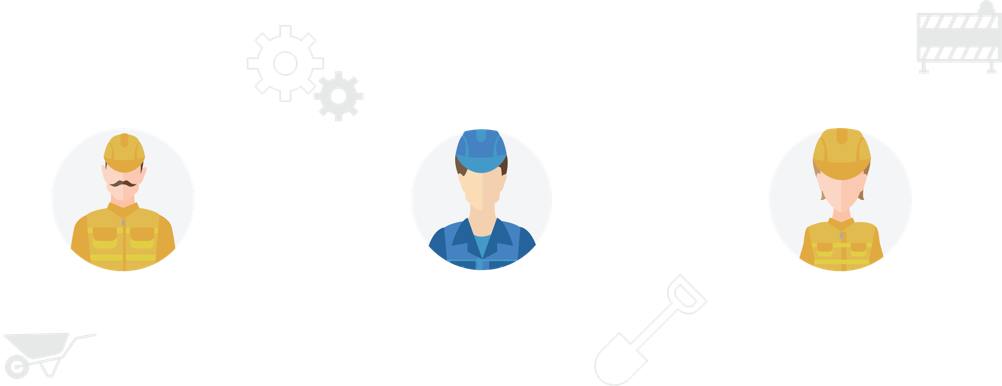
Relay & Instrumentation Technicians repair, overhaul, and calibrate vital signal control relays (VSCR) within the transit environment.
Job Related Skills, Interests and Values
- Diagnosing and repairing data power and acquisition and code systems; testing VSCRs
- Executing various types and styles of CNC programming
- Understanding numerically controlled machines including horizontal, vertical, turning and machining centres, cutters, computer communicators, and EDMs
- Demonstrated knowledge of numerical control technology and capabilities including G-Code programming, PLCs, adaptive controllers, manual programming, interfacing, CAD/CAM, and 2D and 3D programming
- Strong communication skills and ability to handle problems and emergencies with confidence
- Sense of safety for oneself and others
What Preparation and Training Do You Need?
- Secondary school diploma with senior math and physics credits
- Co-op/OYAP focusing on instrumentation and CNC programming recommended
- Completion of an 8,000-hour apprenticeship, including a combination of on-the-job and in-school training
What's Your Future as a Relay & Instrumentation Technician (288R)?
- Full-time work, often in shifts
- Indoor and outdoor; above and below ground
- Conditions may be cramped, dark, cool, or exposed to the elements; often standing for long periods; exposed to noise/fumes/heat
- May be responsible for subways, railways, commuter trains, or sky-service trains
- Employers include locomotive and public transit companies
Wage Rate
Apprentice wage increases with skill and experience. Fully qualified workers earn an average of $32.00 per hour.
Self-Rating
Relay & Instrumentation Technician (288R)
| Ask Yourself: | Yes | No |
|---|---|---|
| Do you consider yourself a continual learner? Can you read and understand blueprints? | ||
| Do you have good problem-solving skills? | ||
| Are you able to lift 50lbs comfortably? | ||
| Are you able to follow Health & Safety guidelines? | ||
| Are you comfortable working indoors and outdoors? | ||
| Would you enjoy interacting with site supervisors, customers, suppliers, co-workers and other tradespeople to get the job done? | ||
| Do you have excellent time-management skills? Are you an organized person? |
If you checked YES to the majority of these questions, a career as a Relay & Instrumentation Technician (288R) may be for you!
You might want to look at these similar trades as well;
- Instrumentation & Control Technician
- Electrical Instrument Mechanic
- Electronics Technician
- Construction Millwright and Industrial Maintenance Mechanic
Construction Millwrights install, maintain, and troubleshoot industrial machinery, mechanical equipment, and other automated and robotic systems. They primarily service the construction industry and often work closely with other tradespeople, such as pipefitters and electricians.
Electronics Service Technicians specialize in repairing electronic equipment such as radio and television receivers, stereo components, video cameras, video and audio tape recorders, two-way radio communication systems, and bio-medical systems.
Instrumentation & Control Technicians install, repair, maintain, and calibrate industrial measuring and controlling instrumentation, helping to ensure that all machines in a plant are safe and running correctly. They may regulate equipment water flow or check air quality in a mine. Since the safe operation of the plant relies on these instruments, technicians must constantly monitor them.
Industrial Mechanic Millwrights install, maintain, repair, and remove stationary industrial machinery, mechanical equipment, and automated and robotic systems. They most often carry this work out in industrial plants and factories.